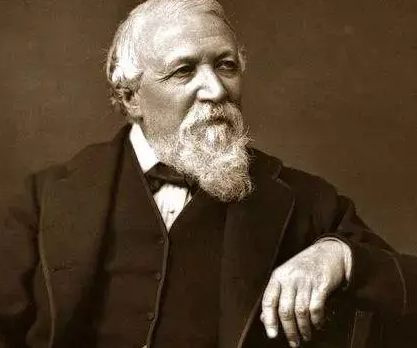In ancient Chinese history, the succession to the throne was often accompanied by fierce power struggles. Among them, the "Nine Princes Competing for the Throne" event in the Qing Dynasty is particularly noteworthy. So, who were these nine princes? And what were their ultimate fates? This article will reveal the truth of this historical event.

The "Nine Princes Competing for the Throne" refers to the struggle among the sons of Emperor Kangxi of the Qing Dynasty to succeed to the throne. These nine princes were: Prince Yinshi (the eldest son), Prince Yinrong (the second son), Prince Yinzhi (the third son), Prince Yinzhen (the fourth son), Prince Yinsi (the eighth son), Prince Yintang (the ninth son), Prince Yinzhi (the tenth son), Prince Yinxiang (the thirteenth son), and Prince Yinti (the fourteenth son). They engaged in fierce competition during the late Kangxi and early Yongzheng eras, ultimately leading to different fates.
First, let's take a look at the princes' performances during the throne competition. Prince Yinshi was deposed as the crown prince due to his immoral conduct; Prince Yinrong was once named the crown prince but was later deposed; Prince Yinzhi lost power due to his affiliation with Prince Yinshi; Prince Yinzhen, who later became Emperor Yongzheng, excelled in the competition and ultimately succeeded in ascending to the throne. Prince Yinsi, Prince Yintang, and Prince Yinzhi all actively participated in the competition but ultimately failed. Prince Yinxiang survived due to his close relationship with Prince Yinzhen; while Prince Yinti was too young to participate.
So, what were the ultimate fates of these princes? Some princes were either executed or confined for losing power or committing crimes. Prince Yinshi, Prince Yinrong, and Prince Yinzhi were all confined to death; Prince Yintang and Prince Yinzhi were executed. However, those princes who did not directly participate in the competition, such as Prince Yinxiang and Prince Yinti, enjoyed their later years peacefully.
It is worth noting that although the process of the Nine Princes Competing for the Throne was filled with blood and cruelty, it does not mean that all the princes involved suffered tragic fates. In fact, besides those who were executed or confined, some princes survived by adjusting their positions in time. For example, after Emperor Yongzheng ascended to the throne, Prince Yinsi, though losing the opportunity to inherit the throne, was still granted the title of prince and enjoyed prosperity.
In summary, the Nine Princes Competing for the Throne was an intense struggle for the throne in the history of the Qing Dynasty. In this struggle, some princes suffered tragic fates due to losing power or committing crimes, while others survived by adjusting their positions in time. This historical event not only reflects the cruelty of ancient throne succession but also shows the helplessness and struggle of human nature in the face of power. Through exploring this period of history, we can better understand the complexity of ancient Chinese palace struggles and the fates and choices of historical figures. At the same time, we should cherish a peaceful and stable social environment even more, creating a harmonious and beautiful world for future generations.
Disclaimer: The above content is sourced from the internet and the copyright belongs to the original author. If there is any infringement of your original copyright, please inform us and we will delete the relevant content as soon as possible.































